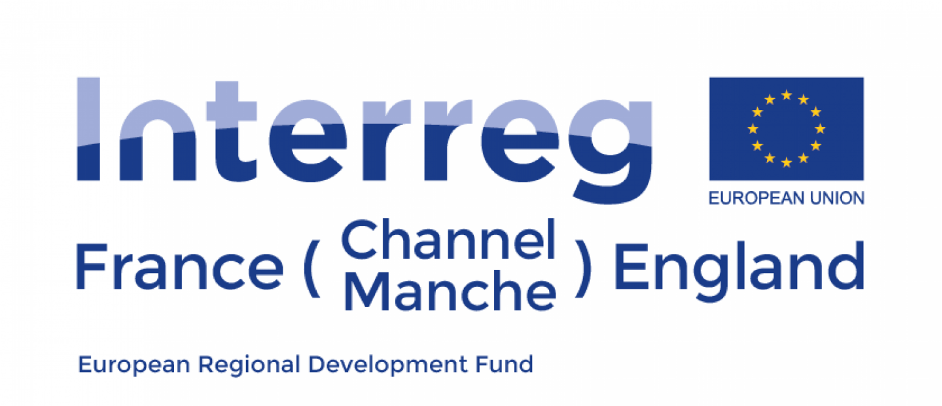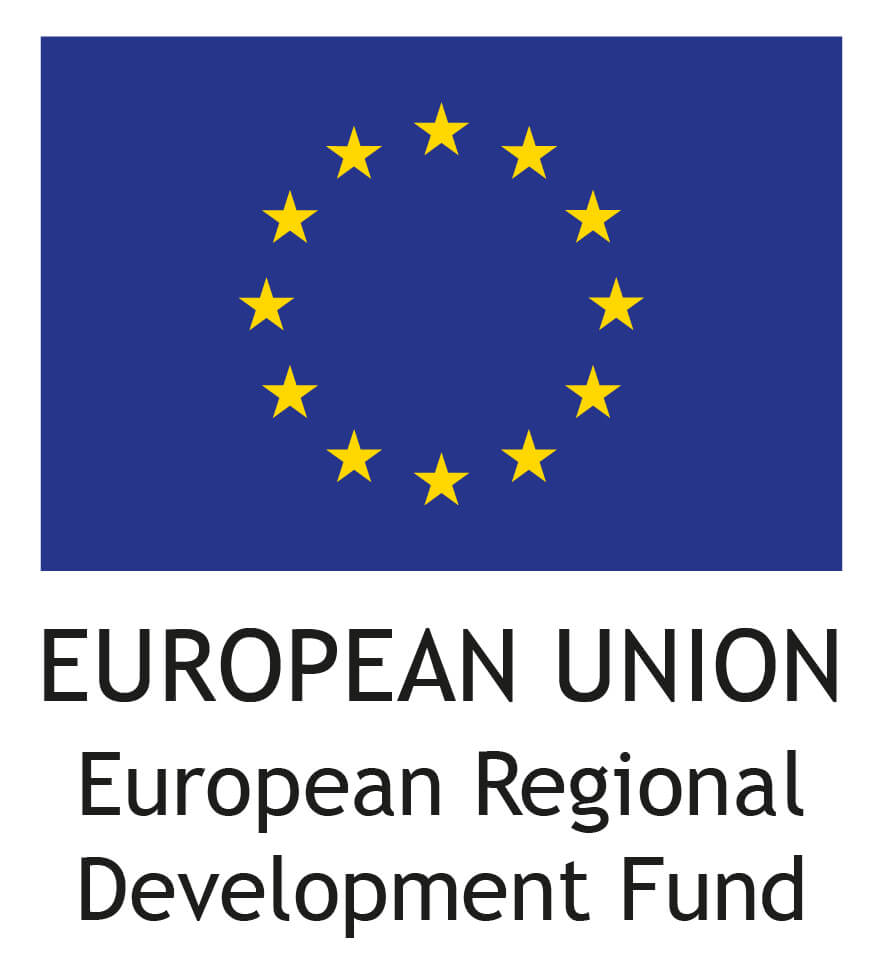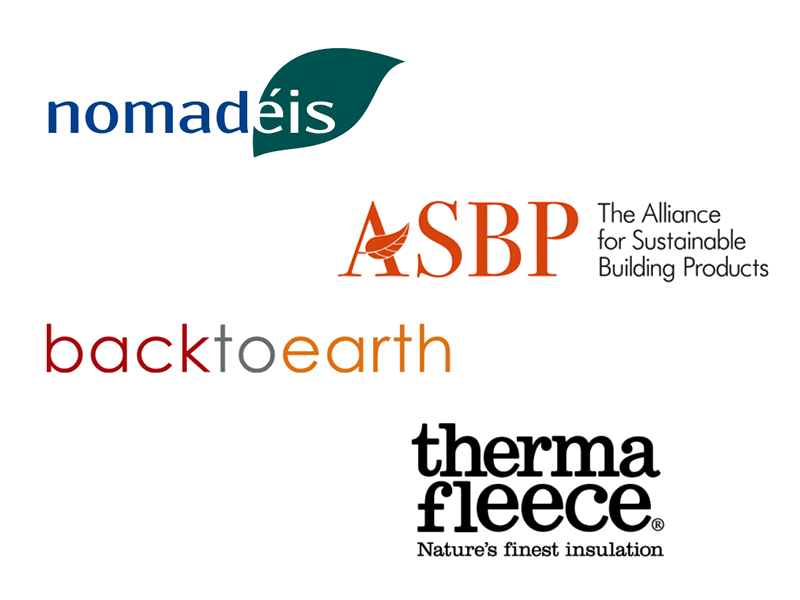SPECIFICATION GENERATOR
Find out which low impact materials are right for your building project.
BIO-CIRC Bio and Circular Insulation for Resourceful Construction
We are delighted to partner in an innovative EU funded research project named BIO-CIRC (Bio and Circular Insulation for Resourceful Construction). Working with partners from both sides of the Channel, we will be adding our knowledge and experience in this exciting research project.
During the project we will investigate the waste bedding sector and the potential reuse of a problematic waste source – polyester duvets, which currently suffer from poor recycling rates and sanitary issues.
The project has been awarded by the Interreg VA France (Channel) England programme, which is co-financed by the ERDF. The European Union (ERDF) will fund 80% of the project budget, which amounts to about €500,000 overall (€399,600 from ERDF).

ERDF Funding
The INTERREG VA France (Channel) England programme is a Cross Border European Territorial Cooperation (ETC) Programme which aims at supporting the development of the France (Channel) England area in line with the goals of the 2020 Europe strategy to create jobs and smart, sustainable and inclusive growth.
In order to select and fund projects that can contribute to these goals, the Interreg VA France (Channel) England programme is structured around 3 priorities, which are themselves split into 5 specific objectives.
The BIO-CIRC project lies within Priority 2: Support the transition towards a low-carbon economy in the France (Channel) England Area within Specific Objective 2.1: Increase the development and uptake of existing or new low-carbon technologies in sectors that have the highest potential for a reduction in greenhouse gas emissions.
The BIO-CIRC project builds upon the work of the Sustainable Bio & Waste Resources for Construction (SB&WRC) project, funded by the INTERREG VA France (Channel) England programme, of which Nomadeis (lead partner) and ASBP were key partners in.

Project Aims
Over the next 2 years (July 2020-June 2022), the BIO-CIRC partners will:
- Investigate the waste bedding sector and the potential reuse of a problematic waste source – polyester duvets, a waste product currently with poor recycling rates and sanitary issues.
- Examine the sanitisation and re-fiberisation process for polyester duvets, with the aim of creating a feedstock for novel insulation materials.
- Design and develop 3 prototype insulation products made from waste polyester fibres combined with natural fibres – sheep’s wool and hemp.
- Test and deploy the 3 prototypes on pilot sites to assess their energy and environmental performances.
- Network and engage with key stakeholders such as the ASBP’s Natural Fibre Insulation Group and Plastics in Construction Group, to gather intelligence and help create a business case for the development of natural and recycled fibre insulation (NRFI) materials.
- Undertake market intelligence of the insulation market to identify key markets and opportunities for growth for NRFI.
- Review the air quality and health & well-being benefits of NRFI.
- Disseminate the project findings and raise awareness of the benefits of NRFI amongst our diverse networks of construction professionals.

The BIO-CIRC’s expected results and contributions are the following:
Contributing to the emergence of low-carbon alternatives to building products by:
- Conceiving, developing and testing 3 thermal insulation products with 30% lower carbon footprint.
- Advancing them from a Technology Readiness Level (TRL) of 2 (technology concept formulated) to 6 (demonstration of functionality within a relevant environment).
- Promote their further development through the TRL stages 7 to 9 thanks to dissemination and communication of a full business case.
Reducing Greenhouse Gas Emissions over the FCE region, France and Great Britain by:
- Improving existing buildings’ energy efficiency (higher EPC ratings).
- Proposing a commercially viable alternative to conventional insulation products with high embodied carbon for new buildings and retrofit work.
- Providing training content and marketing material to promote uptake of natural and recycled fibre insulation products among construction professionals.
Diverting bedding and stuffed items waste from landfill by promoting their recycling by:
- Identifying the stocks and their characteristics.
- Providing legal information on valorisation and technical information on sanitisation procedure for further industrial uses.
- Making connexions between relevant players and providing support to foster the creation of the new value chain of bedding recycling
